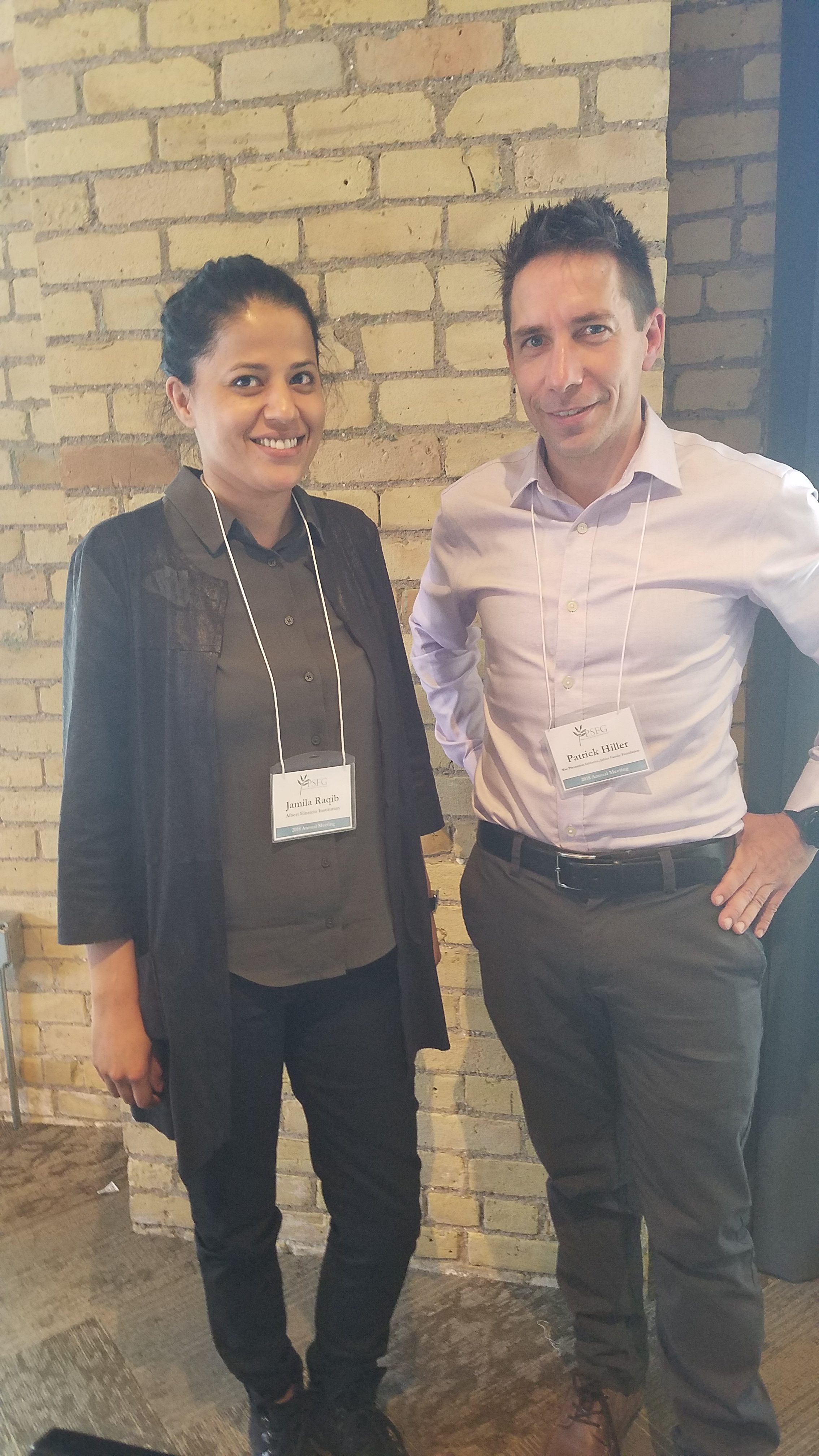Human Rights Implications of Foreign U.S. Military Bases
When host countries are less relevant to U.S. security interests, the presence of U.S. troops can lead to positive human rights practices.
Peacebuilding, Agency, and Zones of Peace
Liberal peacebuilding can sideline the agency of local actors, which accounts for widespread resistance, or even failure of these efforts.

U.S. Textbook Representations of Nonviolent Resistance During the Abolition Movement
By omitting successful nonviolent movements from history, we encourage students to accept the view that violence is required to ensure a nation’s security.
Military Draft, Inequality, and War Support
Instituting a draft would decrease support for war efforts, as it would leave fewer people insulated from the costs of war.
Mediation Techniques for Intergroup Conflicts
During mediation, perspective-taking may lead to more positive feelings towards the other party, due increased empathy and the feeling of being heard.
Micro-Enterprise Development and Peacebuilding in Sri Lanka
The civil war in Sri Lanka emerged as a result of economic forces; effective peacebuilding must involve economic development for affected communities.
Civil Resistance Amid Civil War
Civil resistance— in particular, the creation of peace territories— can be used to resist not only authoritarian regimes but also violence itself.
Sanctions Against Non-State Armed Actors
Sanctions research and policy focus on states, giving little attention to challenges of targeting non-state armed actors, making sanctions less effective.
External Support and Civil War Termination
When rebel groups receive outside financial support, civil wars are more than two times less likely to end compared to receiving non-financial support.
Rethinking Security, Violence, and Development from the Margins
Questioning assumptions about violence, security, and development shows how violence manifests in different contexts, in relation to power and inequality.
How Do “Violent Flanks” Affect the Outcomes of Nonviolent Campaigns?
Violent flanks that emerge from within otherwise nonviolent campaigns appear to decrease these campaigns’ likelihood of success.
